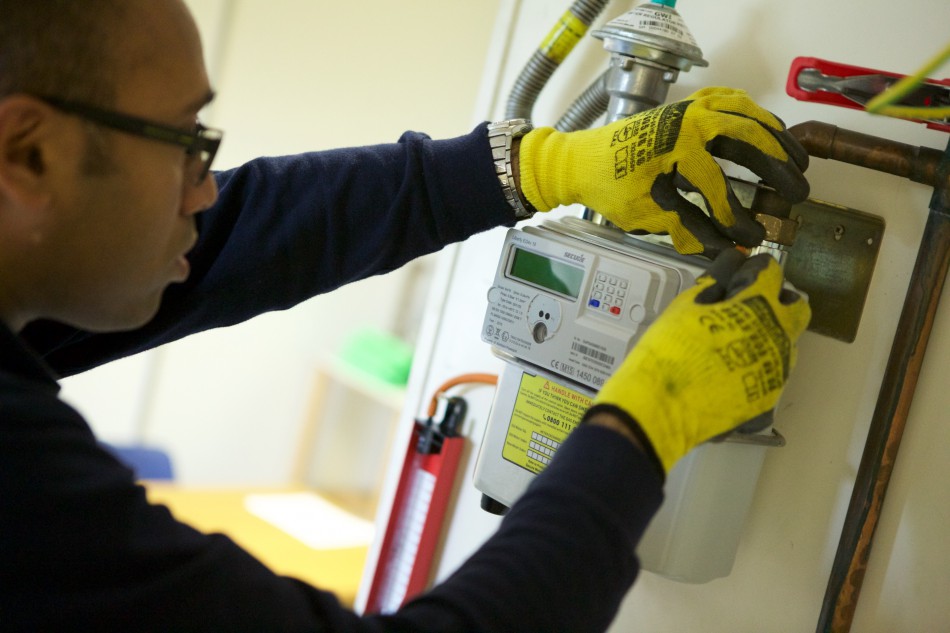
Smart meter installers install, maintain and repair dual fuel (gas and electric) smart meters in residential, commercial and industrial premises.
Customers may check their energy use in real-time and determine which appliances utilise the most power. The goal is to help customers decrease their energy use and, therefore, their costs.
Responsibilities
Throughout your apprenticeship, you may help:
- visit customers’ homes or premises
- remove old meters
- fit a new smart meter for gas, electricity or both
- set up the connection between the meter and heating and hot water systems
- test equipment to make sure it’s working properly
- show customers how to use their new meter
- advise customers on how to be more energy efficient.
Salary
- Starting salaries for an apprentice is £15,000 per year.
- Experienced smart meter installers can earn up to £25,000 per year.
Working hours
You will typically work 42 to 44 hours per week and occasionally working on weekends.
Working environment
You could work at a client’s home or at a client’s business.
Your working environment may be cramped and you’ll travel often.
You may need to wear a uniform.
Qualifications
Qualifications you can achieve as an apprentice smart meter installer include:
- Level 2 Dual Fuel Smart Meter Installer – Entry requirements for this level include some GCSEs, usually including English and maths, or equivalent, for an intermediate apprenticeship. This qualification will take 14 months to complete.
Skills
On a smart meter installer apprenticeship, you’ll learn:
- practical skills for installing equipment
- customer service skills
- to be thorough and pay attention to detail
- problem-solving skills
- the ability to use, repair and maintain machines and tools
- the ability to use your initiative
- maths knowledge
- patience and the ability to remain calm in stressful situations
- to be able to carry out basic tasks on a computer or hand-held device.
Career path and progression
You might lead a group of regional installers as a team leader. Additionally, you may participate in training and collaborate with industry newbies.
With more training, you may become an energy efficiency consultant or work in gas or electrical engineering for an energy supplier.
